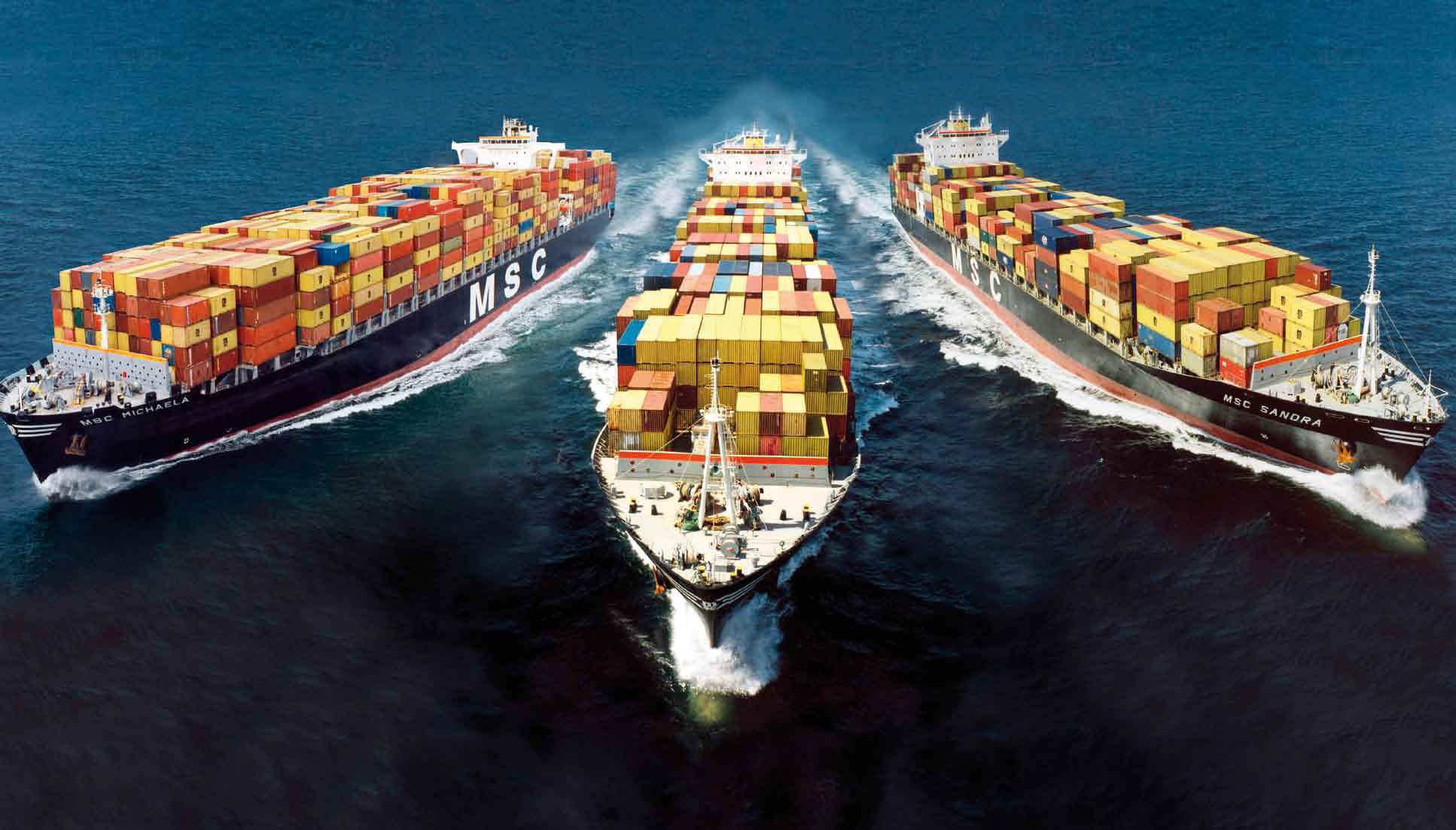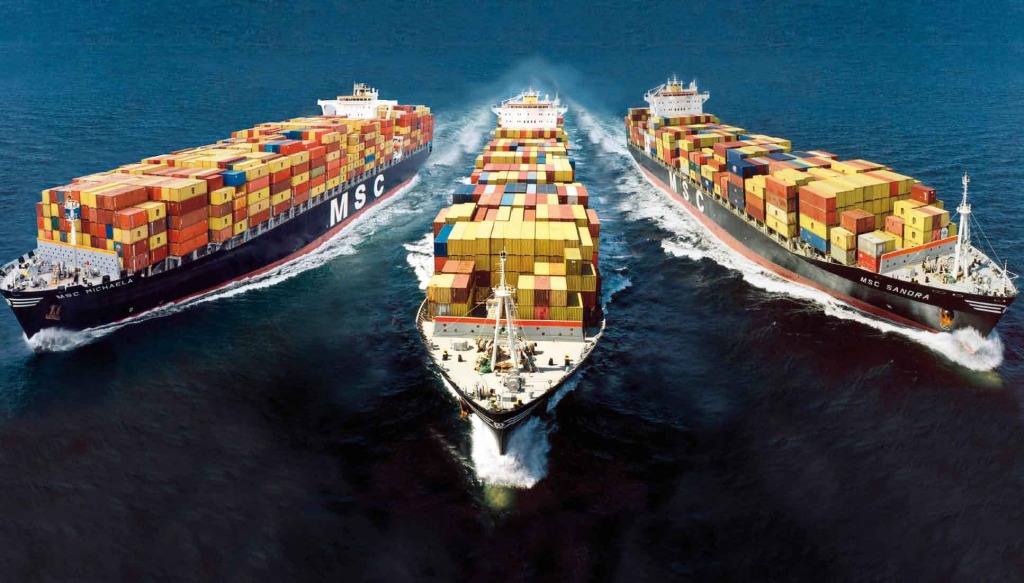Business
What You Need To Understand About Logistic Management

Logistics management can be simply described as an aspect of supplies management that involves planning, controlling as well as implementing of movement of goods from one location to another. It may also include storage of the goods or even services for the benefit of a company and its customers. In most cases, proper handling of logistics in a small or large business results in better customer service as well as reduction of expenses, which makes it an important component in the overall success of a business.
Companies that are serious about improving their customer experience leading to better revenue, either hire a logistician as part of their team or outsource the services to a third party. Logisticians are trained professionals that are able to handle the logistics of any company as per their needs while integrating their expertise for better results. However, businesses that outsource these services also get to enjoy the benefits brought about by proper logistic management without having to bring anyone on board as an employee. Majority of these logistics companies have experience in handling supply chains from origin up to the destination with the aim of making the process smooth and increasing revenue for their clients.

In general, logistics administration is made up of a number of elements that if well implemented, results in positive growth for most companies. Some of the important elements that you should be aware of include:
- Proper Vendor Selection
Logistics mainly involves transportation of goods as well as services from their point of origin to the final destination. Since this is the core business of logistic management, then finding the best vendors to provide transport is key if a company to succeed. It is for this reason that the selection of vendors is done in a professional and focused manner for the benefit of the customers.
- Selecting Transportation Routes
Choosing routes that result in lower expenses for a company during transportation is highly encouraged. A good logistician should be able to select effective routes that ensure that goods are picked up and delivered in good time with minimum costs incurred by the company while still ensuring that they are in good condition. In addition, the delivery method chosen should complement the goods being transported for the benefit of the customer even as the company makes profits as well.
- Use of Technology in Logistics Management
To better handle the processes that are involved in logistics management, many companies use IT software developed specifically for it. This type of technology is available through a number of sources thus making it possible to select the best one for your company. When working with an outsourced company, allow them to suggest the best type of technology that matches the needs of the business.
Overall, logistics management may seem overwhelming at first, but with more research and its actual integration into a company’s activities, understanding it should become easier. Most times, proper understanding of this type of management has resulted in faster growth for businesses and revenue as well.
-

 Tech11 years ago
Tech11 years agoCreating An e-Commerce Website
-

 Tech11 years ago
Tech11 years agoDesign Template Guidelines For Mobile Apps
-

 Business6 years ago
Business6 years agoWhat Is AdsSupply? A Comprehensive Review
-

 Business10 years ago
Business10 years agoThe Key Types Of Brochure Printing Services
-

 Tech8 years ago
Tech8 years agoWhen To Send Your Bulk Messages?
-

 Tech5 years ago
Tech5 years ago5 Link Building Strategies You Can Apply For Local SEO
-

 Law5 years ago
Law5 years agoHow Can A Divorce Lawyer Help You Get Through Divorce?
-

 Home Improvement6 years ago
Home Improvement6 years agoHоw tо Kеер Antѕ Out оf Yоur Kitсhеn































